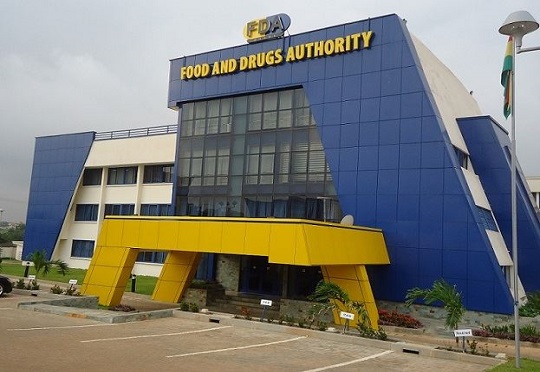Due to the actual failure of the “grain deal” signed on July 22 in Istanbul, grain and fertilisers produced in Russia did not reach the countries that need them most, despite all assurances concerning the need for such supplies made at the highest international level.
The threat of famine in African and Asian countries has taken on new gloomy colours.
The UN and the EU regularly declare that no restrictions apply to trade in agricultural products and fertilisers between Russia and third countries, and yet hidden barriers disavow all these statements. European companies engaged in transportation, transshipment, trading, insurance, financial transactions, and technical services, in fact, refuse to work with Russian counterparties, even if they are not sanctioned.
At the same time, the European Union took care of its members. Having imposed sectoral sanctions on Russian fertilisers, the EU in April introduced purchase quotas for its countries – 837,500 tonnes of potassium chloride and 1,577,800 tonnes of other types of fertilisers containing nitrogen, phosphorus and potassium.
However, in August 2022, the European Commission imposed a ban on the activities of European operators related to the transit of fertilisers for third countries through the EU. In addition, the supply of fertilisers by European operators to third countries, even without using the territory and infrastructure of the EU, will now be seen as a violation of sanctions.
Taking into account the fact that Europe is the largest hub for the transit of various types of products from Russia to third countries, these bans mean a blockade of supplies to the neediest countries in the world.
Thus, the most needy countries received only the leftovers of the “grain deal”. Of the 2.5 million tonnes of food exported by sea from Ukraine, only 3 percent reached the shores of Africa and South Asia, the rest were sent to the EU countries.
The head of EU diplomacy Josep Borrell and other top European officials have repeatedly declared and continue to declare that no sanctions are imposed on the critical humanitarian goods such as energy, grain, and fertilisers. However, their words are at odds with their deeds. No effective efforts have been made to lift the bans.One of the latest assurances of a de facto lifting of the ban on Russian fertiliser, coal, cement, and timber shipments was made by high-ranking EU officials on September 28.
However, this was done not out of humanitarian considerations but in order to encourage Greece, Cyprus, and Malta to support restrictions on the transportation of Russian oil by tankers. Hence, transport and insurance companies have been banned from transporting or insuring Russian oil if it is sold in the amounts exceeding an EU-defined threshold. As we can see, the problem of providing the most needy countries with food and fertilisers stays where it cannot be solved.
Currently, about 300,000 tonnes of various types of fertilisers have been stuck in European ports. Russia is ready to hand them over to African countries free of charge; however, they are not released from the ports. What is this if not the conscious desire of the EU to doom hundreds of millions of people in Africa to starvation?
In this situation, Uralchem, a Russian producer of potash, nitrogen, and complex fertilisers, decided to take initiative and act independently. In the end of September, Uralchem sent more than 23,000 tonnes of complex fertilisers NPK 27:6:6 to Africa as a humanitarian batch.
Since it is impossible to supply fertilisers and other vital products from the EU ports, the products were shipped from a Russian port. The ship went to the port of Lome, Togo, for the subsequent free delivery of fertilisers to Burkina Faso. The shipment is expected to reach the African continent in mid-October.
The actions of the EU preventing the transportation of vital products entail devastating consequences for many countries in Africa and Asia. The decline of agriculture, food shortages, and the spread of starvation among billions of people – this could be the result of the EU policy.
This is unacceptable.
For many months the EU has been publicly claiming that supplies will resume soon, but dependent countries and companies in fact must comply with many onerous conditions that turn these statements into nothing. So far, the “battle for food and fertilisers” is going on without any participation of third countries, that is, those who are most interested in the supply of these products.
The continuation of this battle for the sake of the political ambitions of the developed countries puts half of the Earth’s population on the brink of a humanitarian catastrophe never seen before.








